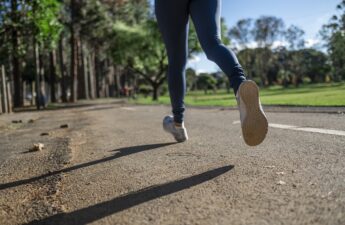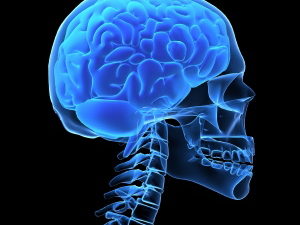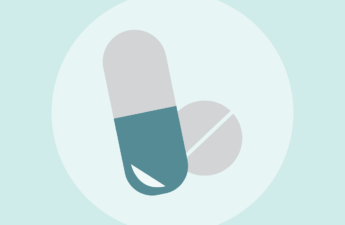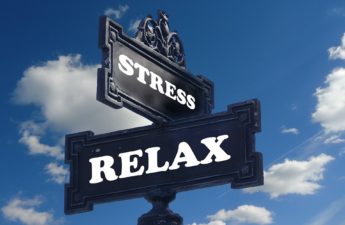Category: Depression
‘A scarlet letter’: States aim to end stigma of doctors seeking mental health care
More than 40% of physicians, as well as medical school students and residents, cite fear of disclosure requirements on licensure forms as a main reason why they don’t seek mental health care.
Want to ward off the winter blues? Start by counting your steps – new research
We found that reaching 5,000 steps or more per day was associated with fewer depressive symptoms, and the prevalence of depression was 42% lower in adults who took 7,500 steps or more per day.
Happiness class is helping clinically depressed school teachers become emotionally healthy − with a cheery assist from Aristotle
The heart of the course is an academic, personal and experiential exploration of evidence-based positive psychology interventions. These are intentional practices that can improve mood, optimism, relationships and physical wellness and offer a sense of purpose. Examples include gratitude, acts of kindness, savoring, mindfulness, mood music, practicing forgiveness and journaling about your best possible future self.
Food and exercise can treat depression as well as a psychologist – and it’s cheaper
Previous studies have found “lifestyle” therapies are effective for depression. But they have never been directly compared with psychological therapies – until now.
Running or yoga can help beat depression, research shows – even if exercise is the last thing you feel like
We found walking, running, strength training, yoga and mixed aerobic exercise were about as effective as cognitive behaviour therapy – one of the gold-standard treatments for depression.
There’s a new pill for postpartum depression, but many at-risk women face hurdles
Suicide and overdoses are among the leading causes of maternal death in the U.S.
Monitoring brainwaves to track how patients with depression respond the treatment
Depression recovery can be hard to measure − new research on deep brain stimulation shows how objective biomarkers could help make treatment more precise Christopher Rozell, Georgia Institute of Technology and Sankaraleengam Alagapan, Georgia Institute of Technology It can be challenging…
Commonly prescribed antidepressants and how they work
Antidepressants are among the most searched-for medications online. But there is a lot of information out there to sift through. The National Library of Medicine has pulled together some useful information about common types of these medications.
Considering going off antidepressants? Here’s what to think about first
Stopping antidepressants abruptly, especially after a long period of use, will make most people – although not everyone – unwell. It’s impossible to tell in advance who will be affected, so slow dose reduction is advisable. Stopping antidepressants (or tapering down the dose) too rapidly can cause antidepressant discontinuation syndrome in around 20% of people.
Use of psychedelics to treat PTSD, OCD, depression and chronic pain – a researcher discusses recent trials, possible risks
So it’s important to keep that in mind when we look at the results from some of these recent trials that these are not drugs that are being administered in isolation. You are not taking home a bottle of pills and taking those twice a day as you would, say, an antidepressant. These are administered in a very particular way.
Why do teens engage in self-harm?
University of Washington clinical psychologists explain how to help teens reduce their emotional distress
Three reasons why you feel stressed when trying to relax – and what you can do about it
Have you ever tried to relax, only to find yourself overwhelmed with feeling stressed and having negative thoughts? Turns out a lot of us experience this – which is why some have coined it “stresslaxing”.
AIs are no substitute for human contact, but they can diminish loneliness.
Postpartum depression may persist three years after giving birth
The findings suggest that extending screening for postpartum depressive symptoms for at least two years after childbirth may be beneficial.
Tough Fire Season Takes Toll on Firefighters’ Mental Health
It’s not uncommon for wildland firefighters, even in a less-intense year, to develop depression, post-traumatic stress disorder, substance use disorders or suicidal thoughts.













